Have you ever wondered what materials are used to create all of these mobile applications that make your life so much easier? Everything happens with a few finger taps on some beautiful mobile applications, from waking up in the morning to arriving at work on time. These are the location-based services apps that are driving app development today.
Thousands of mobile app development frameworks work behind the scenes of such intriguing applications to provide you with the best user experience at your fingertips. The mobile app development market is growing at a CARG 14 percent annual rate and is expected to reach $100 billion by 2022.
Let’s look at some of the best mobile app development frameworks that make app development easy:
1. Serverless
2. NodeJS
Node.js has created one of the world’s largest ecosystems. Node.js is used by nearly all well-known and well-known companies, including Uber, Linkedin, and Medium. There are millions of packages and millions of people in the community, so finding a solution to any given problem and a development team with node.js knowledge should be fairly simple.
3. vue.js
Vue.js is a JavaScript-based framework for creating web user interfaces. It is intended to be extremely adaptable. The main advantage of vue.js is its excellent HTML integration. It has grown in popularity due to its ease of use and ability to be quickly learned by developers.
4. Flutter
Flutter is a mobile app SDK for iOS and Android. It allows users to write an application once and run it on both platforms.
5. Go
Google created Go, a compiled programming language. It combines the performance of low-level languages with the brevity of high-level languages. It also has a rapidly growing community of developers. Go is used by some of the world’s largest and most well-known companies, including Dropbox, Docker, BBC, and even Apple.
6. Reactive programming
Reactive programming (widely known as Rx) is a programming paradigm related to data streams. Libraries from the Rx family are available for virtually all common programming languages. There are a huge open-source community and lots of content available on the internet.
7. Kotlin
Kotlin is a modern programming language. It has full interop with Java and Android. It is also the new official language for native Android apps and it can also be compiled to JavaScript. Due to its compact syntax, it is usually easier, faster (and cheaper) to develop the same functionality in Kotlin than in Java.
8. AI & Machine Learning
Google created Go, a compiled programming language. It combines the performance of low-level languages with the brevity of high-level languages. It also has a rapidly growing community of developers. Go is used by some of the world’s largest and most well-known companies, including Dropbox, Docker, BBC, and even Apple.
9. PWA
Progressive Web Apps are websites that act similarly to native mobile apps. They can be quickly installed by users and can work offline.
10. TensorFlow
TensorFlow is a library for machine learning, dataflow programming, and neural networks. It is suitable for AI tasks like image or voice recognition.
11. React Native
React is a JavaScript library used to create user interfaces. ReactNative is a React extension that enables the use of React for mobile app development. With React Native, you can write an app once and have it built for both Android and iOS. The performance of such an app is much closer to that of truly native apps than that of hybrid frameworks such as Cordova. React and React Native are open source Facebook products with a large community.
12. IoT Apps
The Internet of Things is a wide range of devices connected to the internet. They are often accessed by users from their mobile devices. Such devices connected to the internet can be remotely controlled by users.
13. Android Things
Android App Development Android Things is a platform for developing IoT projects (devices, systems, and apps). It includes an operating system, an SDK, and reference hardware. Instead of custom embedded solutions, Android Things enables the use of the well-known operating system and its frameworks. The same team can create a mobile app as well as device software.
14. Blockchain
Blockchain is a chain of verified records (blocks). They can be used to store various types of transactions. Blocks are encrypted and replicated across all network nodes, making it impossible to change them in the future. Blockchain is widely used by cryptocurrencies, but it is also appropriate for other cases where data cannot be altered or faked, such as contracts, land registration, and so on.
15. AR/VR/MR
In Augmented, Virtual and Mixed Reality, real-world objects coexist with artificial ones. For example, you may see 3D virtual elements inside a piece of paper, which is itself flat in reality. AR/VR/MR apps are very attractive and give users great, immersive experiences.
The Most Important Takeaway
We compiled this list of top mobile app development frameworks after taking into account a variety of factors such as operating system, development time, and much more.
Every day, mobile application development evolves from a single platform application to a cross-platform application. As a result of this evolution, mobile development trends have seen a significant paradigm shift in terms of code, script, platforms, integration, development method, and deployment. While we transition to hybrid, native, and progressing web applications, technologies such as IoT, AI, ML, and Blockchain are being adapted to provide the smartest, most secure, and best user experience possible. It will be interesting to see how hybrid our applications become as technology adapts at such a rapid pace.



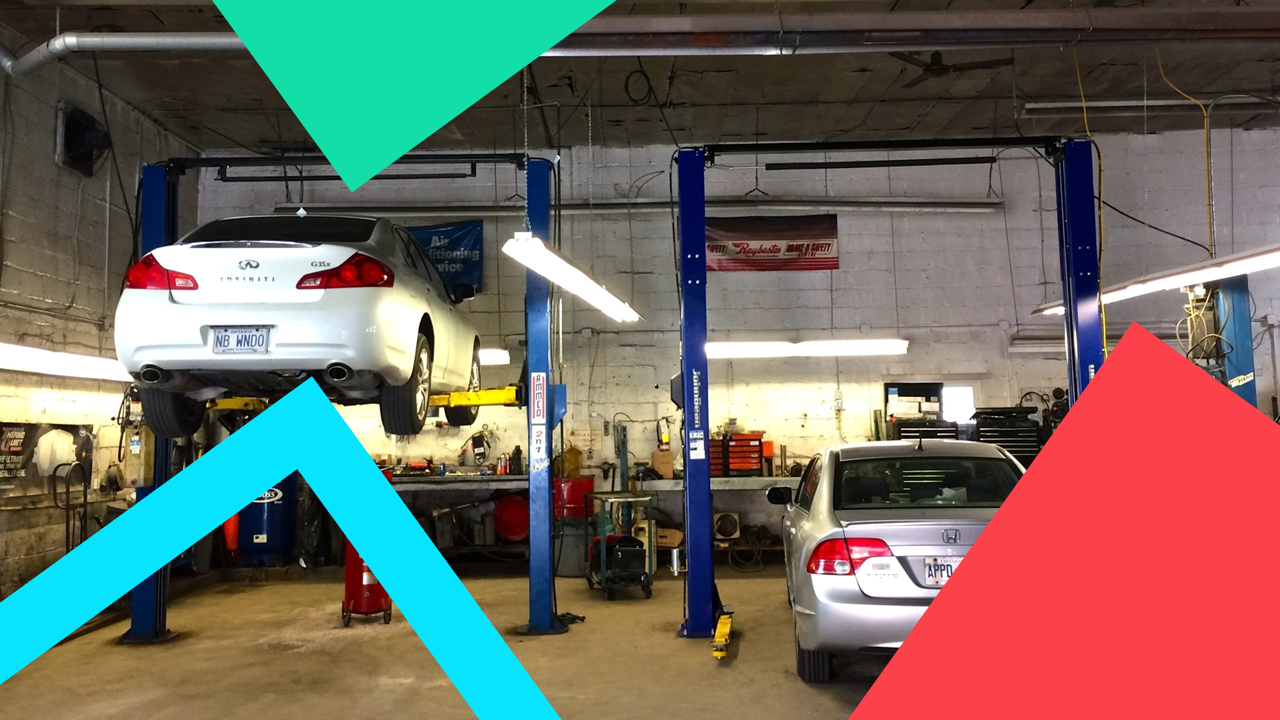
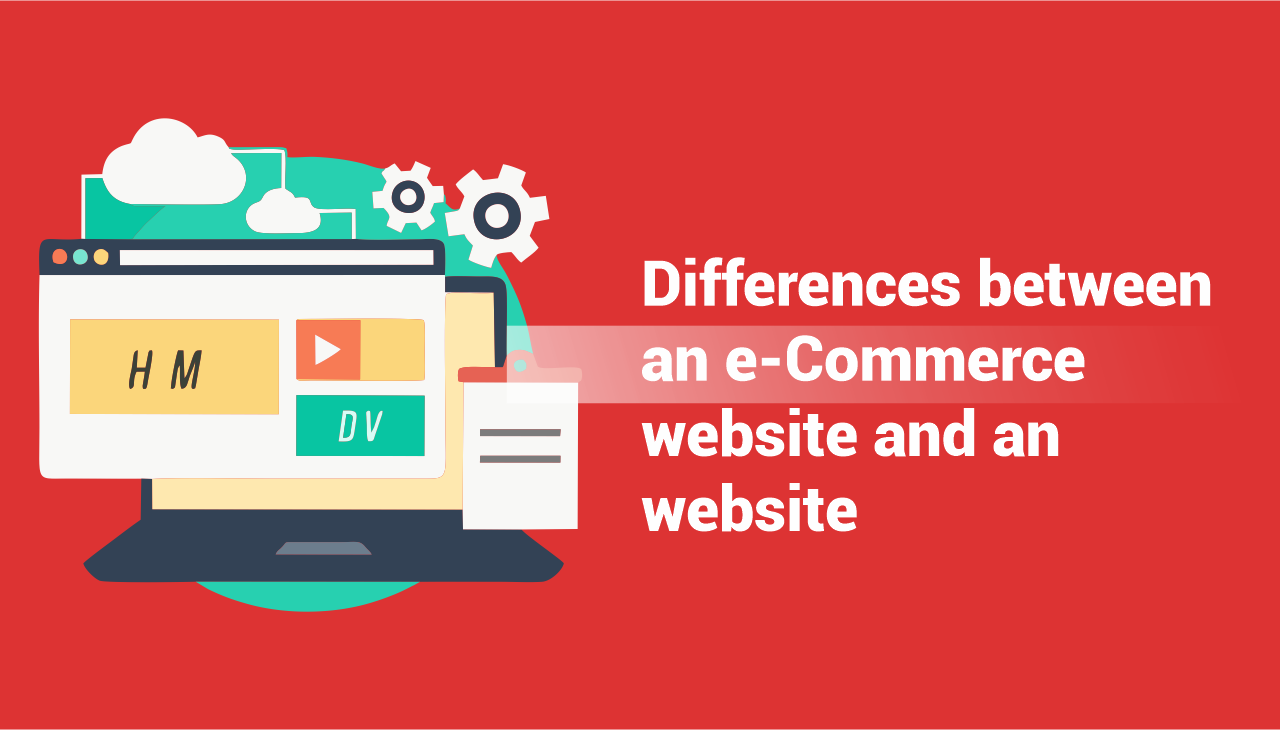


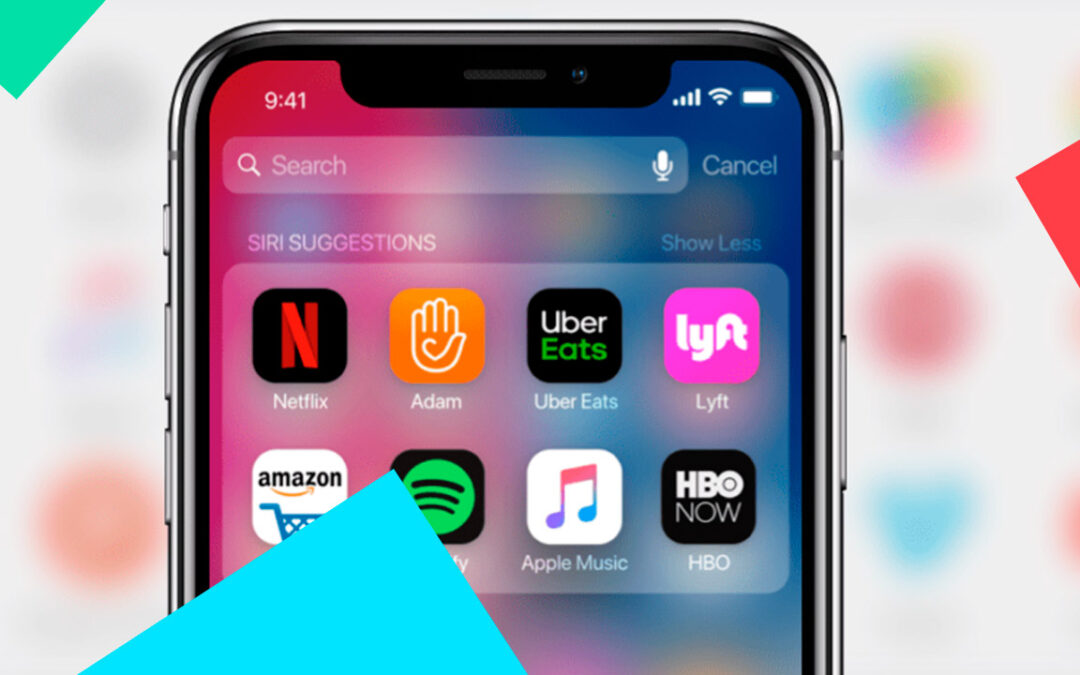
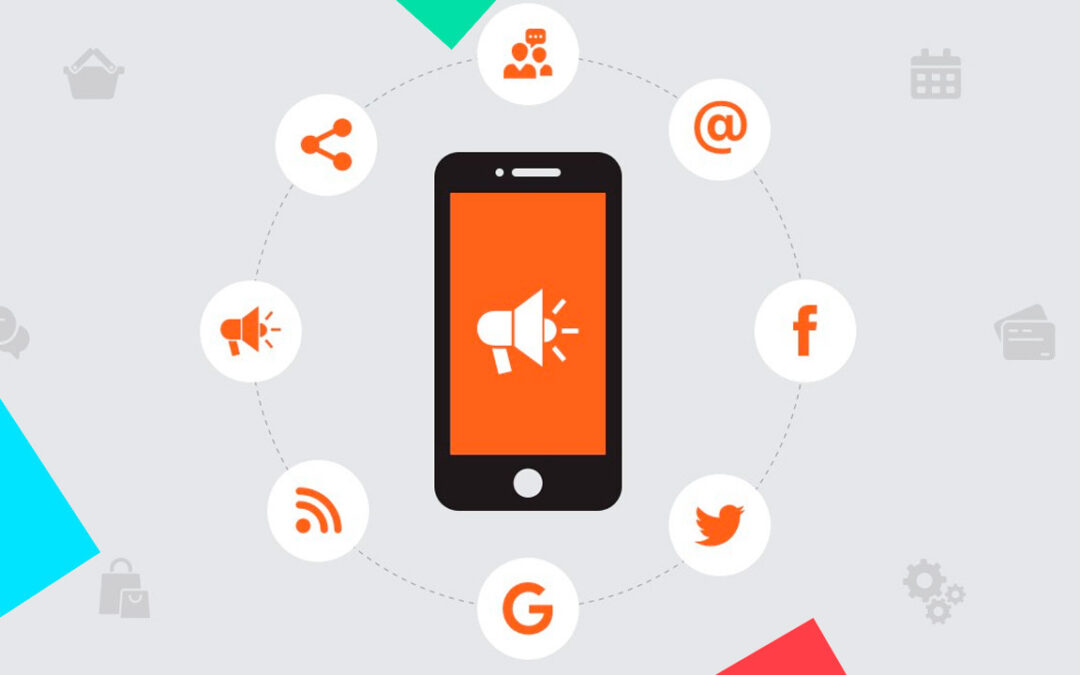

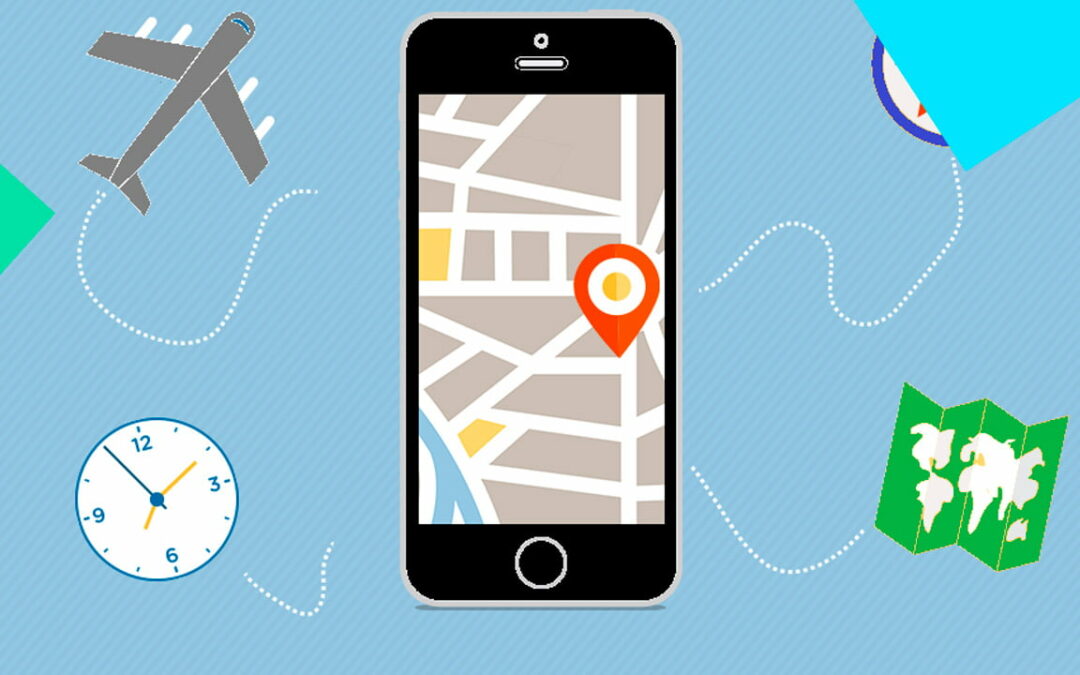
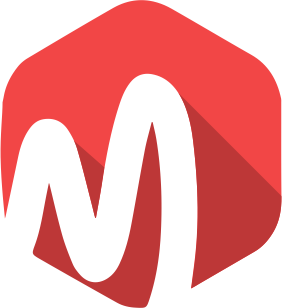
0 Comments